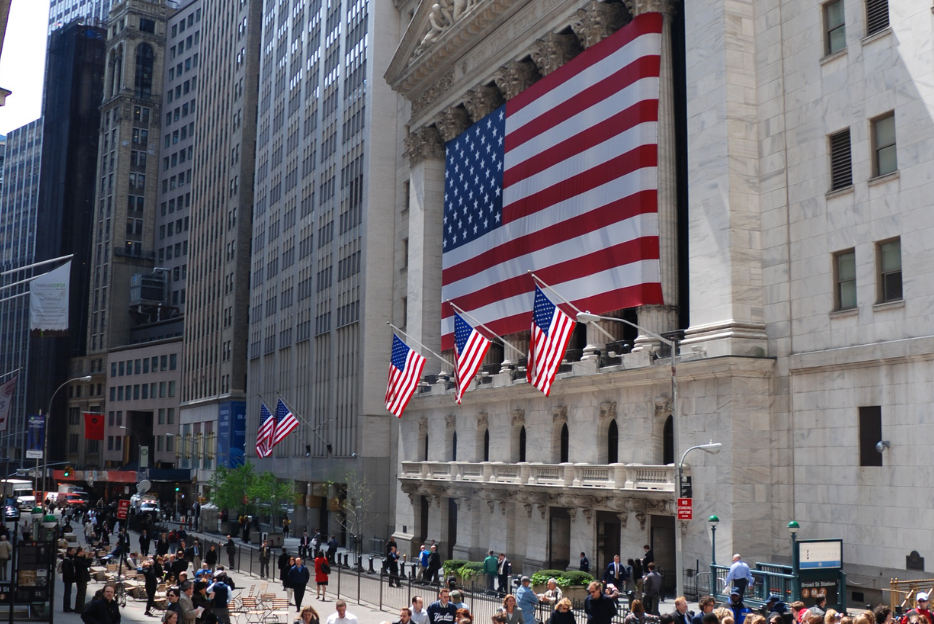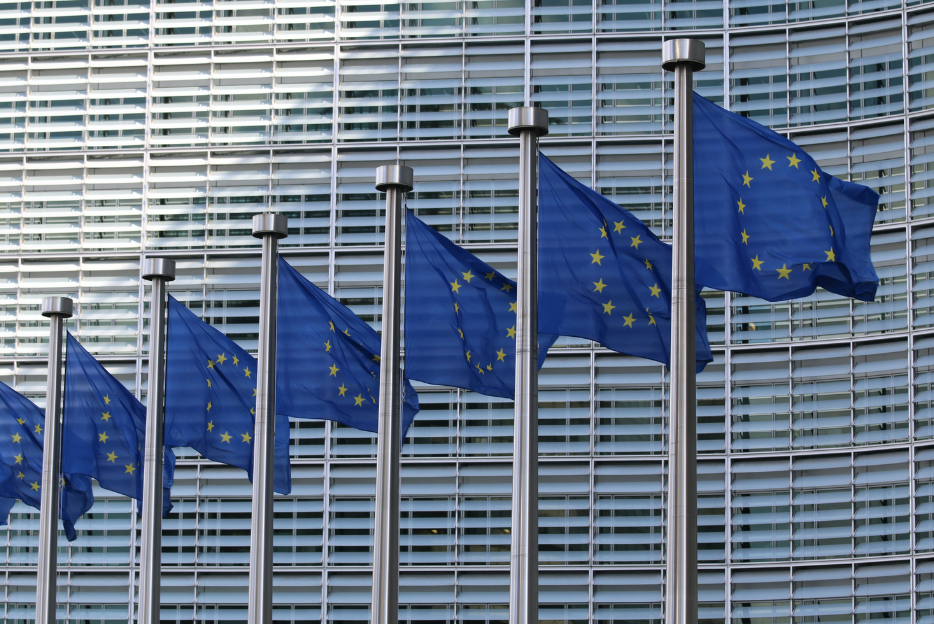You’re all signed up for the Human Times
Thank you for your interest in our service.
Watch out for a confirmation email from our subscriptions team. Once you have confirmed you will join the worldwide community of over 30,000 subscribers who are receiving daily HR intelligence to lead, innovate and grow.
Note: Due to the nature of this message you may find this in your "promotions" or "spam" folders, please check there. If nothing arrives within a few minutes let us know. If you do not receive this email we will be happy to help get you set up.
Adding the email address [email protected], will help to ensure all newsletters arrive directly to your inbox.
Recent Editions

Human Times
North America
Wells Fargo has suspended all travel to China after a banker was blocked from leaving the country, Reuters reports. The move follows Chenyue Mao, a Shanghai-born and Atlanta-based managing director at the banking giant, being subjected to an exit ban after she recently entered China. "We are closely tracking this situation and working through the appropriate channels so our employee can return to the United States as soon as possible," Wells Fargo said. A White House official said they could not comment on the reports of Mao being refused permission to leave China.
Full Issue
Human Times
UK
The hospitality sector has experienced "devastating" job losses, with over 108,000 payroll positions disappearing in the past year, according to the Office for National Statistics. Unemployment has surged to a four-year high of 4.7%, while average pay growth has dropped to 5%, the lowest since June 2022. Kate Nicholls, chairman of UK Hospitality, said: "These devastating job losses are a direct consequence of policy decisions at last year's Budget. The change to employer NICs in particular, was socially regressive and had a disproportionate impact on entry-level jobs."
Full Issue
Human Times
Europe
Bloomberg reports that around 450 employees of Hungarian low cost carrier Wizz Air have been left in limbo after the airline announced the suspension of flights from Abu Dhabi from September. Wizz Air CEO Jozsef Varadi held a call with the employees and offered them the opportunity to take another job across the budget carrier's European network; however it is reported that many will find it difficult to migrate to Europe. A Wizz Air Abu Dhabi employee, who did not wish to be named, confirmed that airline management had held a conference call with staff, offering them different options.
Full Issue
Human Times
Middle East
Meta Platforms chief executive Mark Zuckerberg has announced that the Facebook parent company will invest hundreds of billions of dollars to construct several large artificial intelligence data centres aimed at advancing superintelligence, with the first centre, Prometheus, expected to be operational by 2026. His ambitious plan includes the establishment of multiple "titan clusters," one of which will cover a significant area comparable to Manhattan, as Meta seeks to enhance its competitive edge in the AI sector amid a talent acquisition drive for top engineers.
Full Issue









